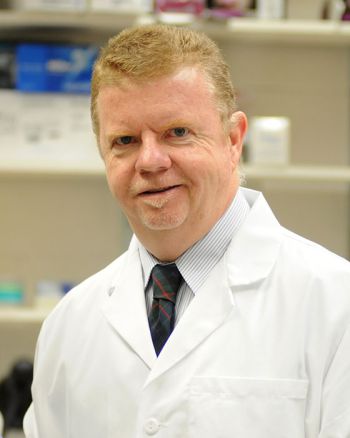
WASHINGTON (Feb. 1, 2016) — MaxMind, an industry-leading provider of IP security and online fraud detection tools, has partnered with the George Washington University’s Research Center for Neglected Diseases of Poverty to end schistosomiasis through gene drive technology.
MaxMind donates over 50 percent of its corporate profits to charities, funding high-impact, evidence-based programs. Schistosomiasis infects more than 200 million people worldwide. According to the World Health Organization, schistosomiasis is considered the most important of the helminth diseases of humanity, in terms of morbidity and mortality. MaxMind gave a $100K gift to support the establishment of a lab-based project that aims to eliminate schistosomiasis and the disease-causing parasites responsible for the infection, through a cutting-edge gene drive approach.
“With this gift, we will have the ability to start experiments that will lead to the creation of a gene drive for schistosomiasis and to ‘supercharge’ evolution, effectively sterilizing and then eliminating the parasites causing this disease,” said Paul Brindley, Ph.D., professor of microbiology, immunology, and tropical medicine at the GW School of Medicine and Health Sciences. “There are researchers working to get rid of polio and historically, small pox was eliminated. To eliminate schistosomiasis would likely be much harder, but its impact on the health of children and future generations is unarguable.”
As leaders in schistosome transgenesis and genetics, Brindley and his team are among the very few researchers capable of attempting this kind of experiment and wider project. Brindley and his team will work closely with Kevin Esvelt, Ph.D., an evolutionary engineer and professor at the MIT Media Lab, who first described and demonstrated how CRISPR genome editing technology could accomplish gene drive. Through their combined expertise, Brindley and Esvelt hope to manipulate the genome of the parasites so that during reproduction, all of the offspring will be born either female or male. Eliminating one sex of the population would eventually cause the disease-causing parasites to die out.
“Because gene drive technology would alter shared ecosystems, we are adamant that research and development only proceed with the guidance and support of communities that would be affected,” said Esvelt, who was formerly at the Wyss Institute for Biologically Inspired Engineering at Harvard University. The team is reaching out to scientists, public leaders, health advocates, and environmental organizations in countries with a high burden of schistosomiasis to discuss how to ensure transparency, safeguards, awareness, consent, and potential paths forward.


